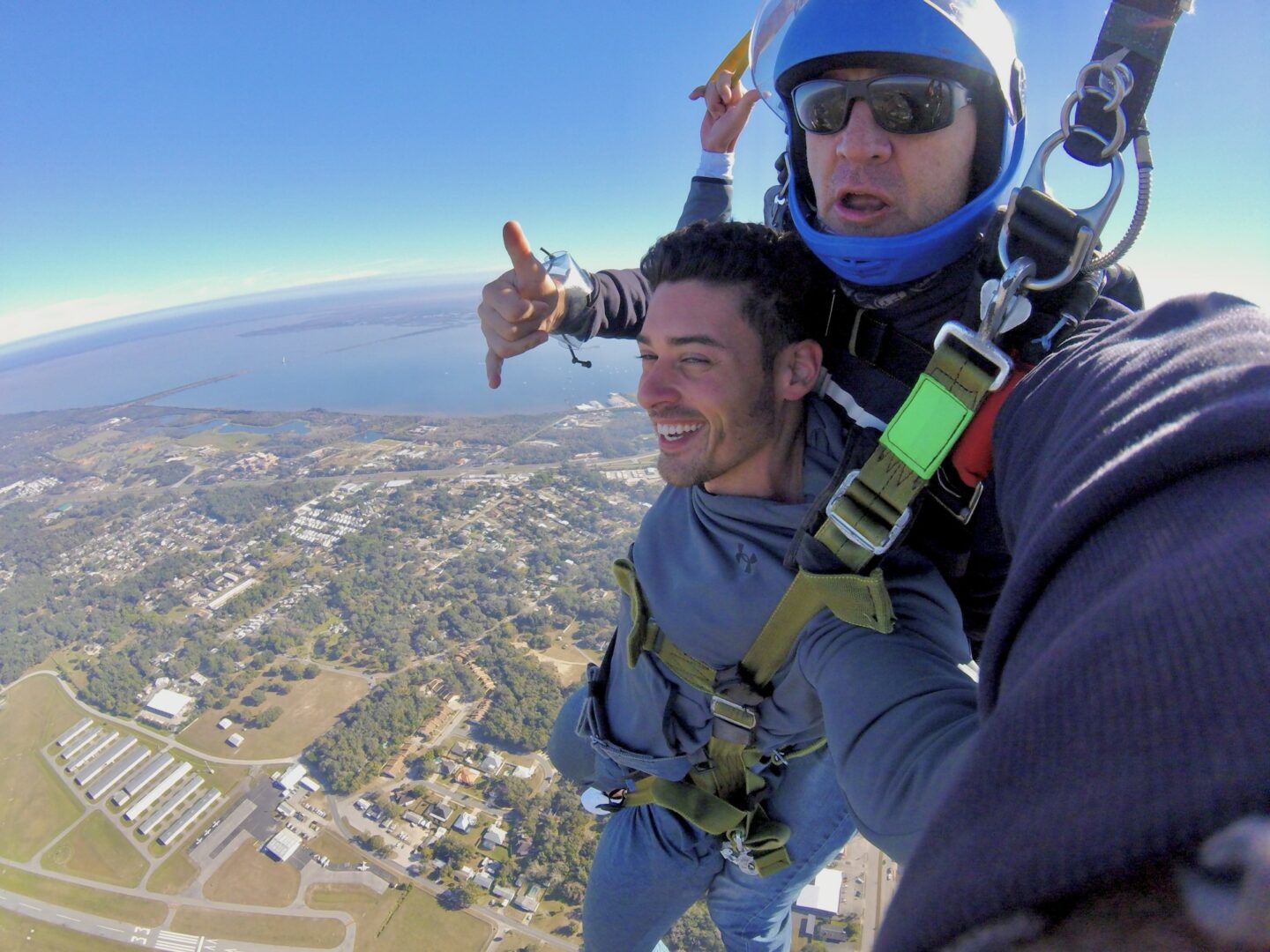We caught up with the brilliant and insightful Chris Matteo a few weeks ago and have shared our conversation below.
Chris, thanks so much for taking the time to share your insights and lessons with us today. We’re particularly interested in hearing about how you became such a resilient person. Where do you get your resilience from?
I wasn’t born resilient – I had to build it, one setback at a time
Growing up, I was considered gifted. I picked things up quickly, did well in school, and stood out in sports. For a while, things came easily. But when I was 16, I herniated a disc in my back while juggling football, volleyball, and weightlifting. A neurosurgeon looked me in the eye and said, “You’ll never lift again.”
I remember sitting there – completely stunned – but something in me refused to accept that reality. I didn’t know how, but I knew one thing: this wasn’t going to be the end of my story
That injury forced me to rethink everything. I shifted from brute strength to Olympic-style lifting, where technique, control, and patience matter just as much as power. It taught me precision. Discipline. The kind of mental focus you only develop when things don’t come easy anymore. Throwing weights around teaches you a lot, especially when you can’t afford to get it wrong
So I committed. Fully. I rebuilt from the ground up, doing everything I could to recover. Less than a year later, I was back in the gym. By senior year, I broke a school record and was inducted into my high school’s Hall of Fame. That experience taught me something I’ve never forgotten: setbacks aren’t life sentences – they’re challenges asking who you’re willing to become
After graduating in 2019, I lost the structure sports had always given me. Then COVID hit – and things unraveled. I gained weight, lost discipline, and slowly drifted away from the kind of person I wanted to be. I hit 240 pounds and had to face a hard truth: I wasn’t keeping the promises I made to myself. And no one else was to blame
So I started rebuilding again – physically, mentally, emotionally. I lost 65 pounds in six months, but the real shift happened inside. I began meditating daily. I studied how the mind works – how thoughts, habits, and identity shape many aspects of our lives. I trained my brain the way I used to train my body. I stopped chasing motivation and started living by standards. I realized the pain of doing the work is always less than the pain of staying the same – and that avoiding discomfort doesn’t protect you; it just delays the consequences
Resilience means showing up – especially when you don’t feel like it. It’s doing the work without applause. Keeping promises when no one’s watching. Winning the day, one rep at a time. It’s integrity – not the kind you show others but the kind you build with yourself
Eventually, I earned back my own trust. I came back leaner, lighter, and stronger – and for the first time, I lifted over three times my bodyweight. That moment wasn’t about the number. It was about knowing I had become someone I could count on. That’s where my resilience comes from – not a single moment but a series of hard decisions that taught me how to show up, rebuild, and lead myself forward regardless of the circumstances
That mindset shapes how I live and lead today. I now head sales and business development for the Tampa division of a Cybersecurity and IT firm – a market that I helped launch and grow from the ground up, making this the third startup I’ve worked in. There’s pressure, uncertainty, and long days. But I stay grounded, because I’ve trained for this. I lead with consistency – not just in work, but in how I listen, how I show up, and how I treat the people around me
I’m not doing this just to succeed. I’m building a life I’m proud of – one with freedom, purpose, and people I care about at the center. I don’t just talk about resilience – I live it, every single day
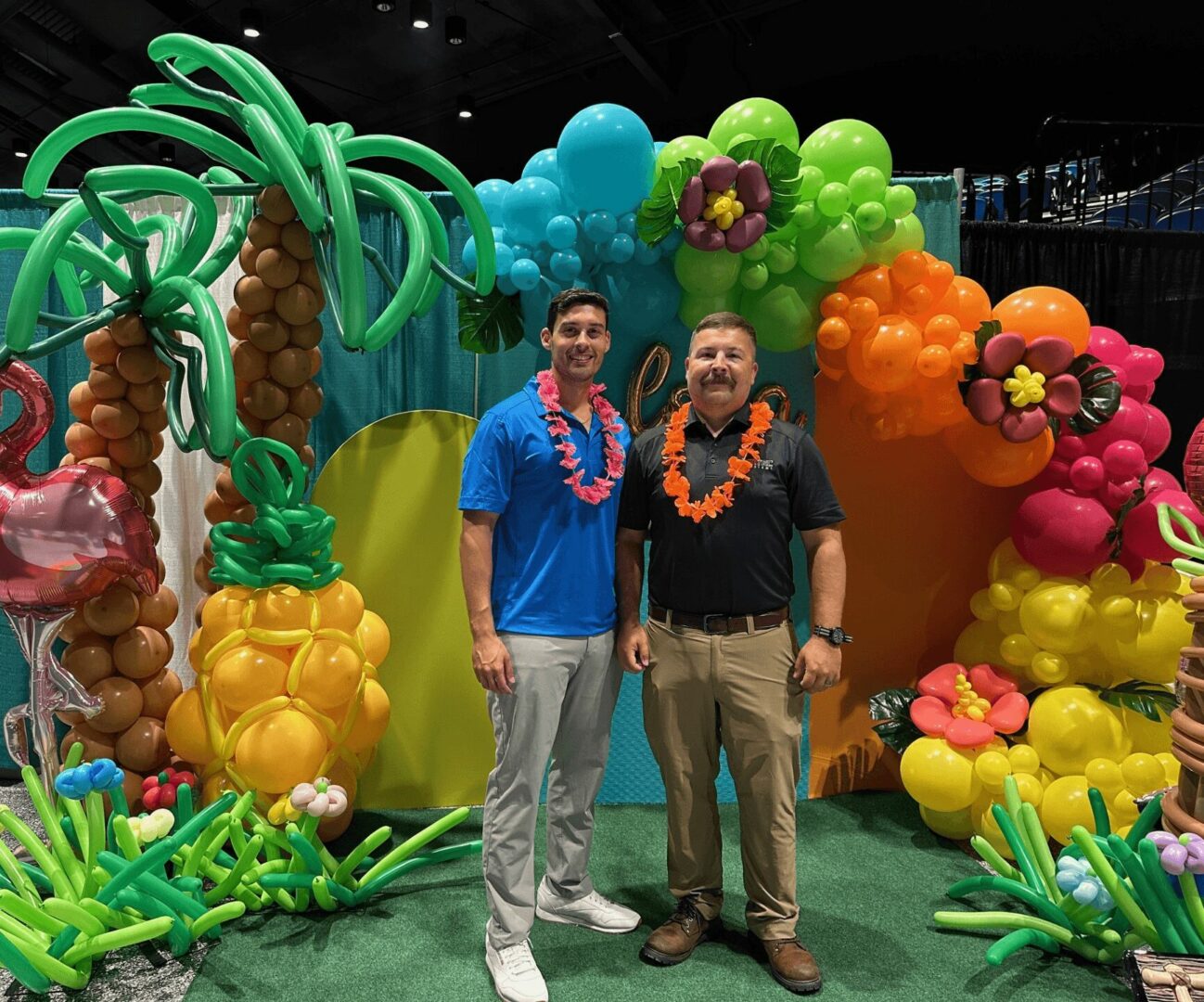
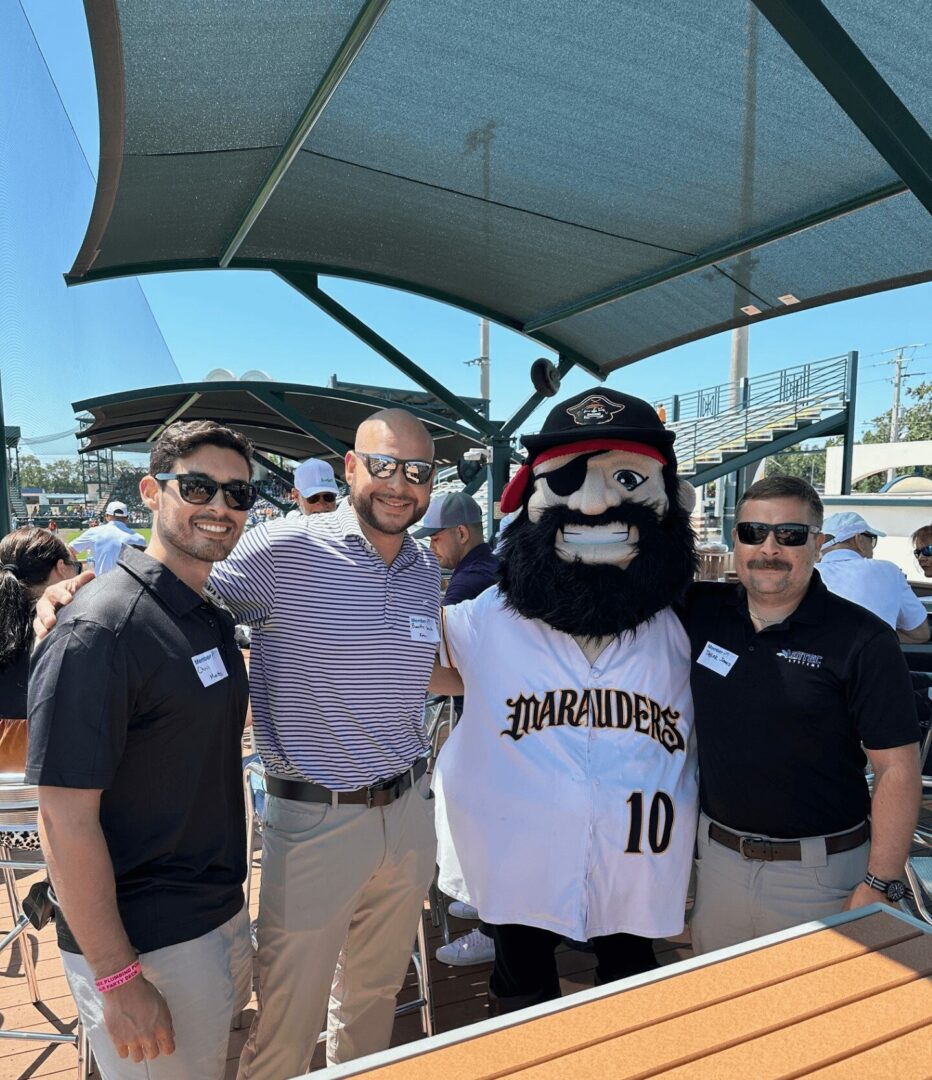
Let’s take a small detour – maybe you can share a bit about yourself before we dive back into some of the other questions we had for you?
I currently head sales and business development for the Tampa division of a Cybersecurity and IT firm – a market I helped build from the ground up. It’s the third startup-style environment I’ve been part of, and what drives me is taking ownership of blank-slate opportunities – creating structure, generating revenue, and building momentum where nothing existed.
Lately, I’ve been focused on integrating AI into my daily work – not just learning tools, but applying them to automate outreach, optimize time, and scale high-leverage activities in sales and business development. I’m fascinated by how emerging tech can multiply effort when combined with clear systems and discipline – and I see AI as a force multiplier, not a shortcut.
Earlier in my career, I worked closely with nonprofits through a tech platform designed to improve fundraising and streamline operations. That experience shaped how I approach growth: it’s not just about scale – it’s about impact, clarity, and serving people with real solutions.
Outside of work, I’m constantly investing in myself – learning, lifting, building, and experimenting. I’m laying the groundwork for future ventures in both the tech and wellness spaces, with a long-term vision of combining business, personal development, and community impact.
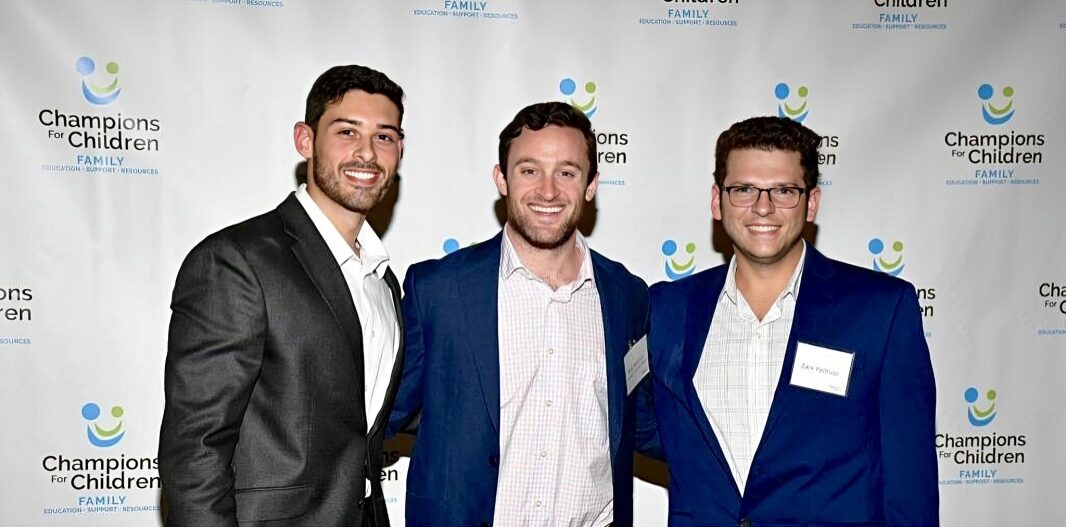
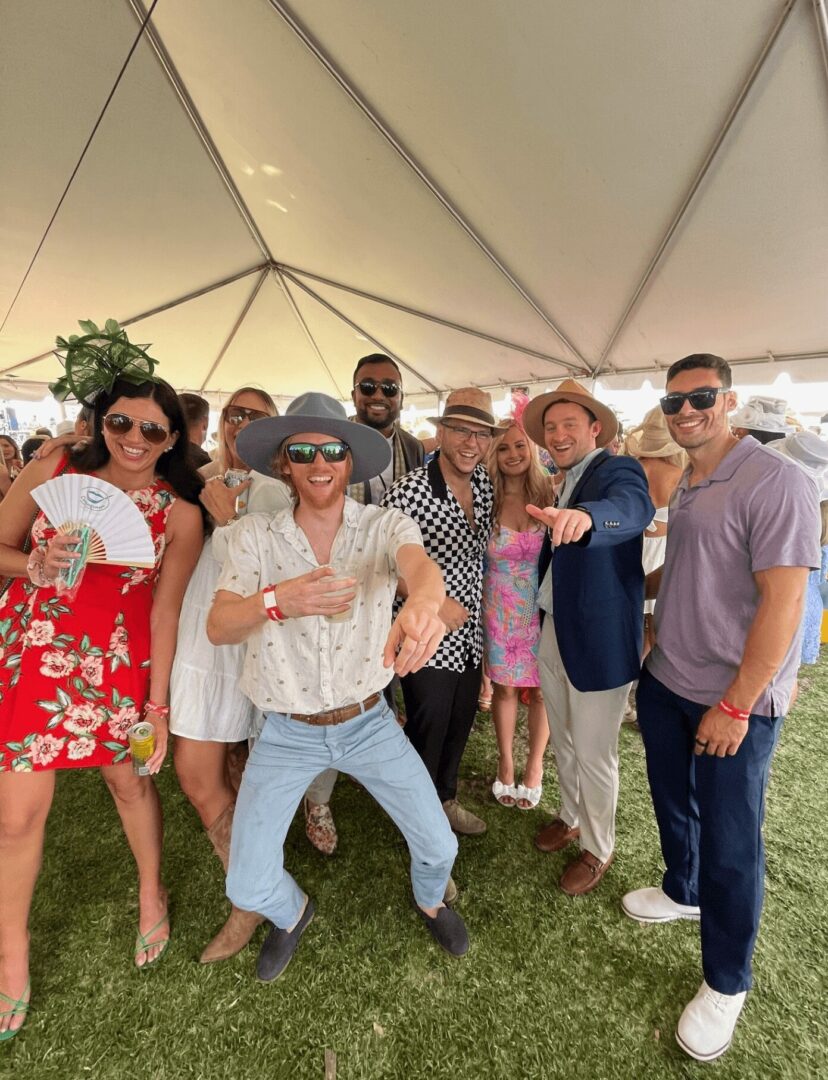
Looking back, what do you think were the three qualities, skills, or areas of knowledge that were most impactful in your journey? What advice do you have for folks who are early in their journey in terms of how they can best develop or improve on these?
1. Self-discipline – If you can’t lead yourself, you’ll struggle to lead anything else. Discipline isn’t about intensity – it’s about consistency. It’s built by showing up when it’s boring, hard, or inconvenient. Every time you keep a promise to yourself, you stack proof that you’re someone who follows through. That proof becomes momentum. And momentum, when protected, becomes exponential.
Discipline creates trust. Trust creates belief. Belief creates action. That’s how you change your life.
2. Emotional resilience – Growth isn’t linear; it’s messy, painful, and often invisible. Resilience isn’t about pretending things don’t hurt – it’s about continuing anyway. It’s developed through discomfort, reflection, and learning how to stay calm in chaos. The stronger your resilience, the faster you bounce back – and the more dangerous you become when things don’t go your way.
Resilience doesn’t remove obstacles – it makes you strong enough to outlast them.
3. Strategic learning – The faster you learn, the faster you grow. But learning isn’t just consuming information – it’s about applying what matters. I treat learning like training: every day is a rep. Whether it’s mindset, AI, sales, or systems – the goal is always the same… absorb, execute, repeat. When you stay curious, build systems, and apply what you learn, the results compound fast.
If you learn intentionally and act quickly, momentum becomes a weapon.

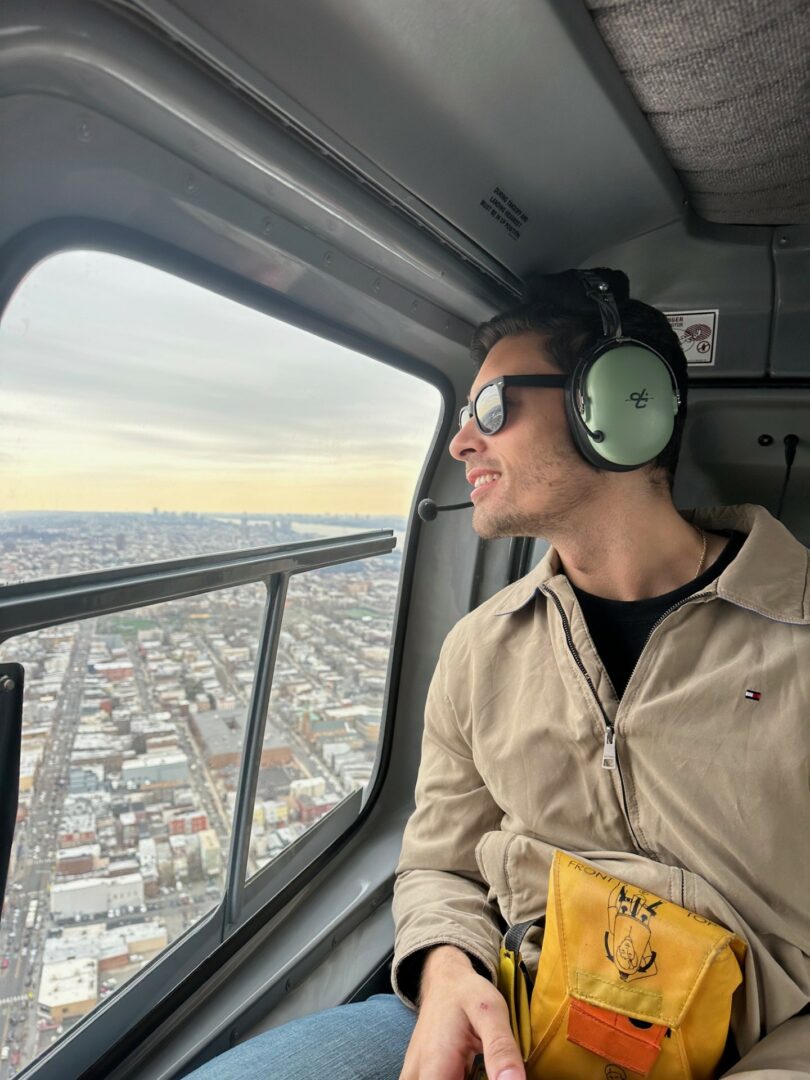
Thanks so much for sharing all these insights with us today. Before we go, is there a book that’s played in important role in your development?
One of the most impactful books I’ve ever read is The Four Agreements by Don Miguel Ruiz. It’s simple – four core principles – but they’ve become a foundation I return to constantly. Not to feel better, but to operate better.
What hit me most is this:
Most of your suffering is self-inflicted.
The voice in your head, the assumptions you make, the promises you break with yourself – that’s what holds you back, not the world around you.
These four agreements became personal laws for how I move through life:
1) Be impeccable with your word – Your word is your contract. The way you speak to yourself is either building your future or breaking it. When your word holds weight, especially in private, everything else aligns.
Self-respect starts with self-honesty.
2) Don’t take anything personally – People’s actions are about them, not you. Internal peace comes from not tying your worth to external noise. This helped me become unshakeable – not reactive, just focused.
If you can’t be provoked, you can’t be controlled.
3) Don’t make assumptions – Clarity is a skill. When you assume, you fill in blanks with fear, ego, or pride. I’ve learned to ask the hard questions, overcommunicate, and stop letting silence create conflict.
Most drama is just miscommunication no one dared to fix.
4) Always do your best – Not perfection, just full effort. Some days your best will look different, but showing up fully every time is how you build momentum – and momentum is the cheat code.
Your best today beats perfect someday.
This book didn’t hype me up – it gave me structure. It reminded me that real freedom comes from discipline. Real peace comes from clarity. And real progress starts with your agreement to stop breaking your standards.
Contact Info:

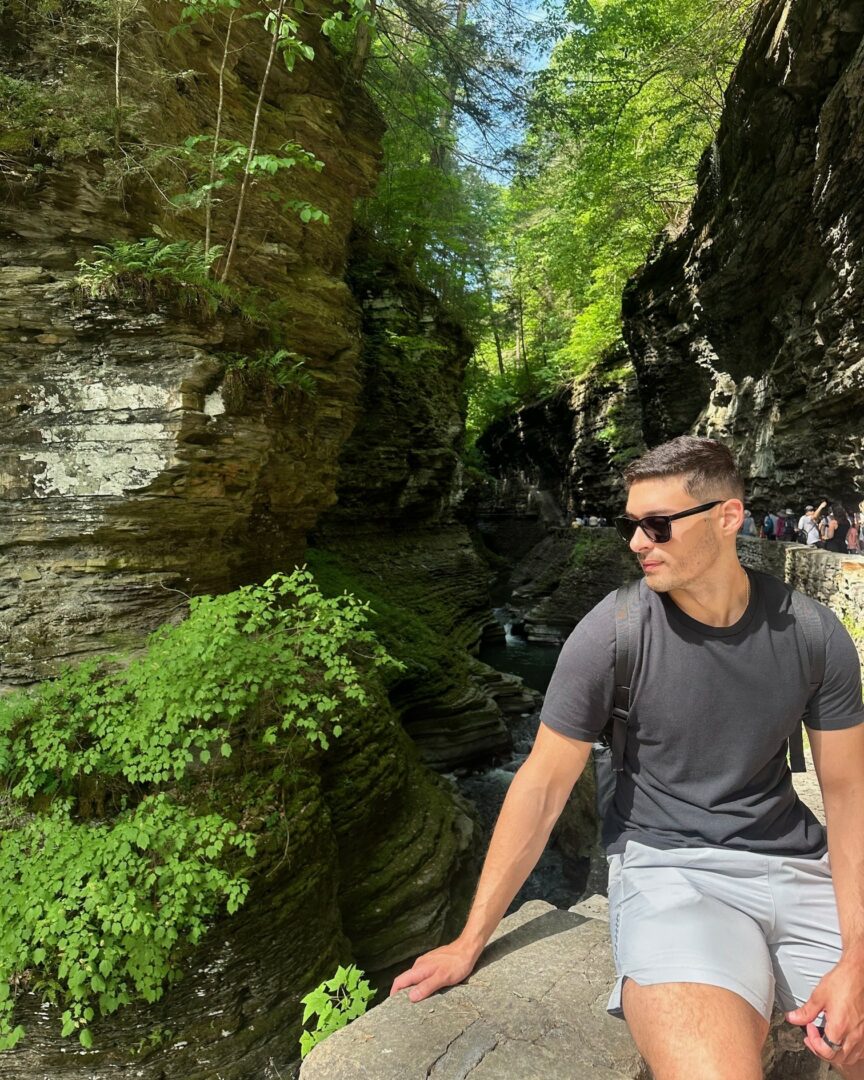
so if you or someone you know deserves recognition please let us know here.

